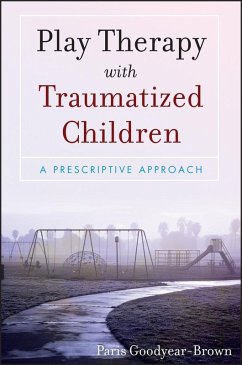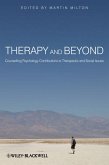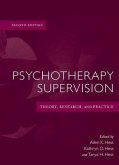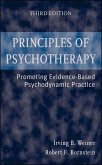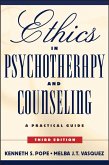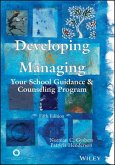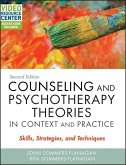INTRODUCING A PRACTICAL MODEL OF PLAY THERAPY FOR TRAUMATIZED CHILDREN Some of the most rewarding work a therapist can do is help a child recover from a traumatic event. But where to begin? A growing body of play therapy literature offers many specific techniques and a variety of theoretical models; however, many therapists are still searching for a comprehensive model of treatment that incorporates solid theoretical constructs with effective play therapy interventions. Clinicians have long recognized that trauma therapy is not just a matter of techniques but a journey with a beginning, middle, and end. In a pioneering contribution to the field, Play Therapy with Traumatized Children: A Prescriptive Approach, the author codifies the process in her model, Flexibly Sequential Play Therapy (FSPT). Integrating non-directive and directive approaches, this components-based model allows for the uniqueness of each child to be valued while providing a safe, systematic journey towards trauma resolution. The FSPT model demystifies play-based trauma treatment by outlining the scope and sequence of posttraumatic play therapy and providing detailed guidance for clinicians at each step of the process. Dramatically demonstrating the process of healing in case histories drawn from fifteen years of clinical practice with traumatized children, Play Therapy with Traumatized Children addresses: * Creating a safe place for trauma processing * Augmenting the child's adaptive coping strategies and soothing his or her physiology * Correcting the child's cognitive distortions * Ensuring that caregivers are facilitative partners in treatment * Inviting gradual exposure to trauma content through play * Creating developmentally sensitive trauma narratives * Using termination to make positive meaning of the post-trauma self
Dieser Download kann aus rechtlichen Gründen nur mit Rechnungsadresse in A, B, BG, CY, CZ, D, DK, EW, E, FIN, F, GR, HR, H, IRL, I, LT, L, LR, M, NL, PL, P, R, S, SLO, SK ausgeliefert werden.
"Introduces a practical model of play therapy for traumatized children. There is an abundance of information and interventions. Additionally there are strategies for parents/caregivers to effectively serve as partners in the treatment process. This book will be an invaluable resource for any clinician seeking to enhance their work in play and trauma" (Play Therapy, December 2009)

